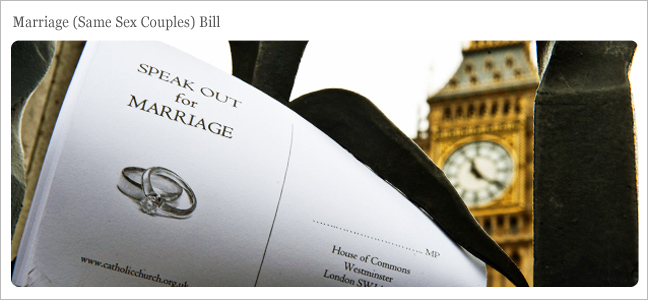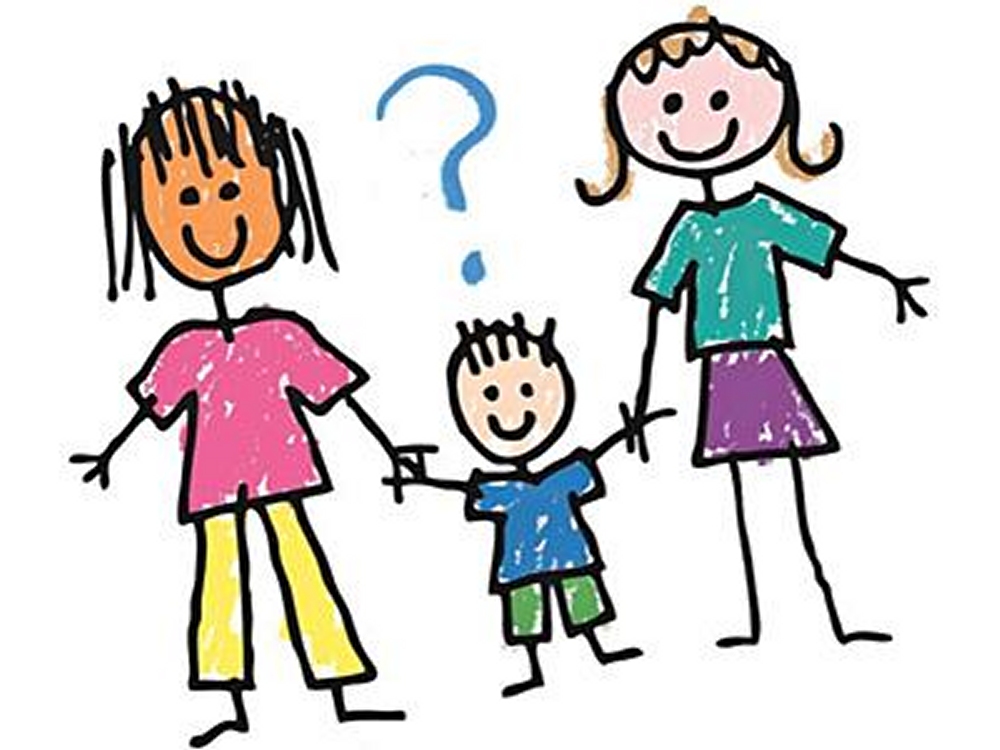
By Ann Marie Foley - 27 February, 2020

Catholic bishops have called on the Northern Ireland Office to publicly comment on the implications of the court judgment on bakers who refused to make a cake with a message promoting same-sex marriage on grounds of conscience.
In response to the Consultation on same-sex religious marriage in Northern Ireland, the Catholic bishops called for comment from the Northern Ireland Office (NIO) on the Supreme Court judgment in the Lee v Ashers Baking Company Ltd and others case and how it relates to proposed laws for same-sex marriage in Northern Ireland.
“Any person who is a committed member of the Catholic Church, and for whom their religious faith is a fundamental part of their identity and the core motivation in their every activity, cannot be asked or expected to create a false division between their faith and their public, professional life,” said the bishops of Northern Ireland in a statement.
The bishops highlight that many of the current proposals for same-sex religious marriage in Northern Ireland make frequent reference to the regulations in England, Scotland and Wales but not to the potential implications of the judgment on the Lee v Ashers Baking Company Ltd and others [2018] UKSC 49 case.
The bishops express concern that people might be “compelled to provide a service which de facto promotes same-sex marriage”. This could mean that civil registrars and others might indirectly be denied “their legitimate right to freedom of religion, expression and conscience.”
The submission is signed by Archbishop Eamon Martin, Archbishop of Armagh and Apostolic Administrator of the Diocese of Dromore; Bishop Michael Router, Auxiliary Bishop of Armagh; Bishop Noel Treanor, Bishop of Down and Connor; Bishop Donal McKeown, Bishop of Derry; and Bishop Larry Duffy, Bishop of Clogher.
In their statement, they reiterate the Catholic belief that marriage is permanent, and between one man and one woman, and contributes to the common good of society.
They stated that the Catholic Church, and those acting on its behalf, have religious beliefs that do not allow them to give consent to solemnise what the State may choose to recognise in civil law as same-sex “marriage”.
They welcome the recognition in the NIO consultation document that both individuals and communities of faith, such as recognised churches and major faith groups with responsibility for the administration of marriage within their communities, have fundamental rights and freedoms.
They support the proposal to provide the “triple lock” outlined in paragraph 27 of the consultation document, namely that:
• officiants will only be able to solemnise same-sex religious marriage if the governing authority of the religious body they belong to has given its written consent to same-sex marriage.
• the legislation will make clear that religious bodies (and individual officiants) cannot be compelled by any means, including by the enforcement of a contract or a statutory or other legal requirement, to perform same-sex marriages or otherwise be involved in same-sex marriages.
• there will be equality law protections so that religious bodies and individual officiants do not unlawfully discriminate if they refuse to solemnise marriages because of the sex or sexual orientation of the couple.
 They also welcome the regulations made under Section 8(1) of the NI EF Act amending the law to provide that discussion or criticism of same-sex marriage will not of itself be an offence, and that people remain free to express views, including critical views, about same-sex “marriage”, so long as this is not done in a threatening, abusive or insulting way and is not intended to stir up hatred or arouse fear.
They also welcome the regulations made under Section 8(1) of the NI EF Act amending the law to provide that discussion or criticism of same-sex marriage will not of itself be an offence, and that people remain free to express views, including critical views, about same-sex “marriage”, so long as this is not done in a threatening, abusive or insulting way and is not intended to stir up hatred or arouse fear.
“At the heart of the present consultation, therefore, is the obligation on the State and its legislators, recognising the vital importance of respect for freedom of religion, expression and conscience, to respect and protect the proper autonomy of Churches and their respective Governing Authorities regarding marriages solemnised by those Churches,” they state.
The bishops respond to 11 questions in the consultation document and describe the Catholic Church in Ireland as an all-island organisation with approximately 4.5 million members, of which 738,000 members are in Northern Ireland (according to the 2011 census).
Of the 64 per cent of all religious marriages in Northern Ireland in 2018, the greatest number, some 2525 (NISRA), took place in a Catholic Church.